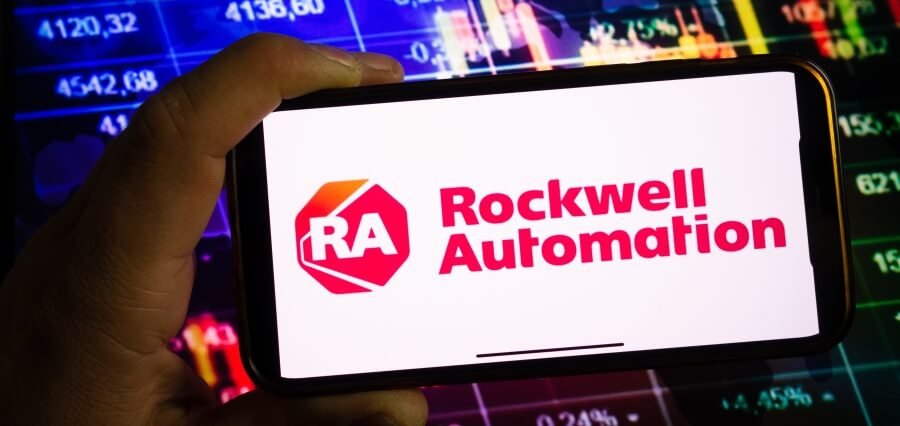Earlier this month, executives from Alphabet Inc.’s Google DeepMind, Microsoft Corp., and Meta Platforms Inc. gathered in Bangalore to witness the unveiling of a groundbreaking product from one of India’s leading AI startups, Sarvam AI. Known as India’s counterpart to OpenAI, Sarvam AI introduced an innovative software that enables businesses to interact with customers through spoken voice, rather than just text. This technology, developed using data from ten native Indian languages, is priced competitively at one rupee per minute to capture the market. Vinod Khosla, a prominent venture capitalist and Sarvam investor, highlighted the potential of these voice bots to reach a billion people.
India has been striving to keep pace with the global AI revolution since the advent of ChatGPT, but many chatbots have been constrained by a lack of data on the country’s diverse languages. While urban residents can often use English-language chatbots, a significant portion of the Indian population lacks the proficiency for such interactions. Emerging startups are now focusing on voice bots that cater to local languages, aiming to serve a broader segment of India and potentially attract users from other regions.
This shift could position India as a testing ground for the next wave of generative AI products, though it has raised some safety concerns globally. By incorporating AI voice features, companies aim to develop dynamic, conversational services capable of real-time verbal responses and task automation. In India, this is manifesting across various consumer and business applications.
For example, Samsung-backed Gnani AI handles millions of voice interactions daily for major banks and corporations, while CoRover AI provides voice bots in 14 languages to the railway and police forces. Haloocom Technologies’ voice bot supports customer service and job screening in five Indian languages.
Ankush Sabharwal, CEO of CoRover, emphasized the intuitive nature of voice technology, with their Ask Disha bot recently launching for train bookings and payments via voice. Vivek Raghavan, co-founder of Sarvam, noted that leading AI models from the US lack sufficient Indian language data, highlighting a key advantage of their technology.
Despite concerns about potential over-reliance and misuse, as noted by OpenAI’s recent cautionary statements, Indian AI startups remain optimistic. Ganesh Gopalan of Gnani AI emphasized that AI tailored to specific languages and use cases is more accurate and cost-effective. Some startups are also exploring international markets, with Gnani’s technology already reaching Spanish-speaking customers in Silicon Valley.





